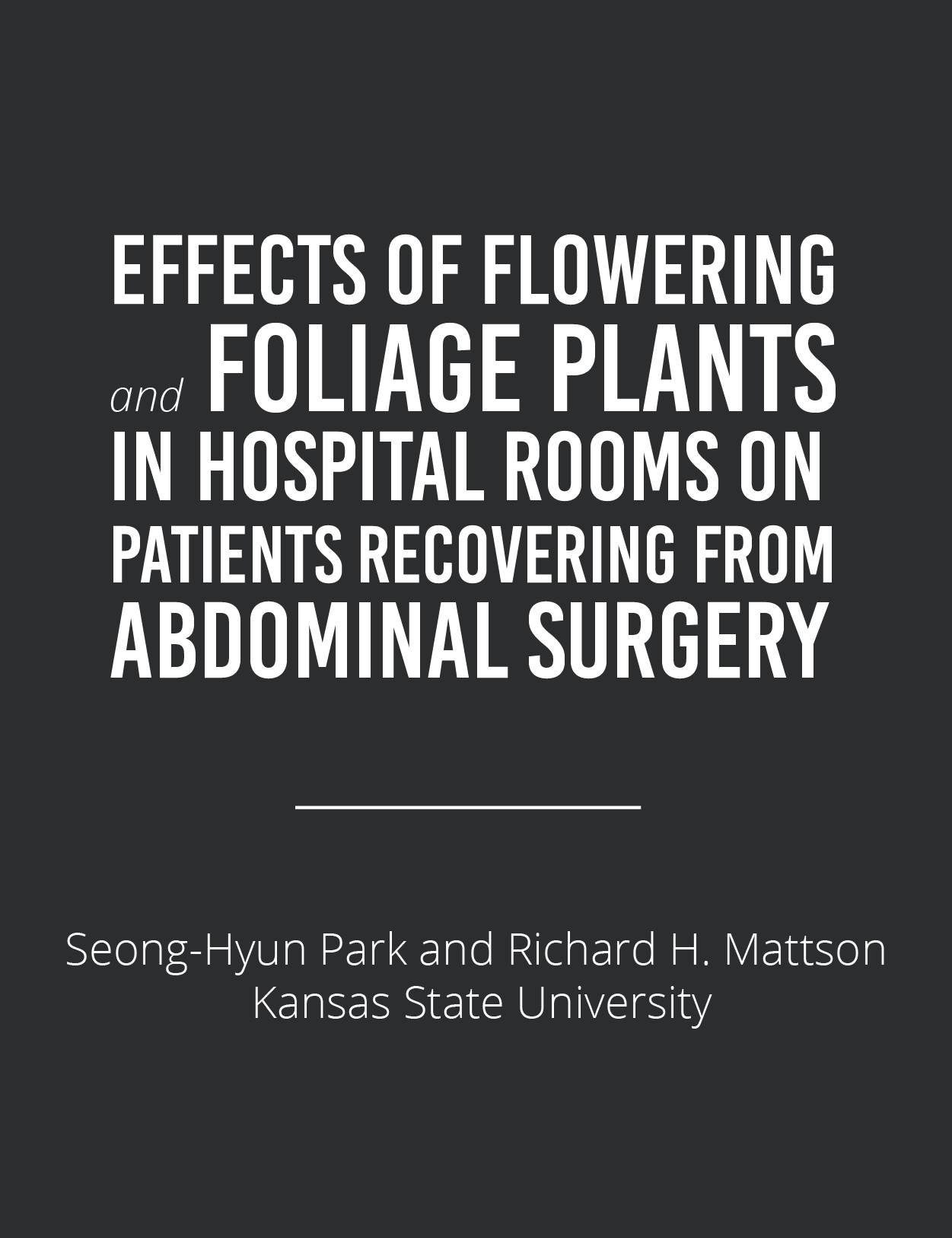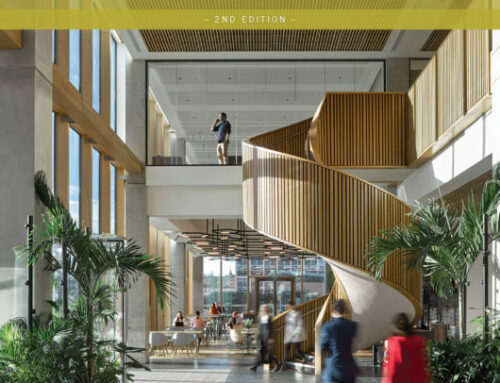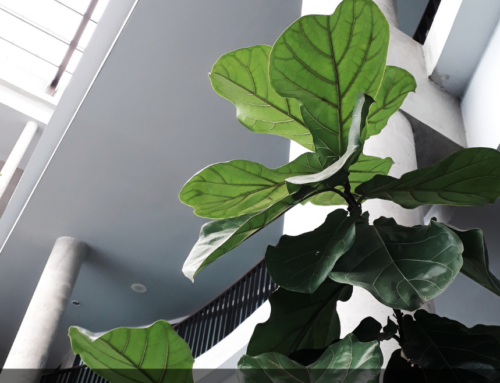Effects of Flowering & Foliage Plants in Hospital Rooms

Using various medical and psychological measurements, this study performed a randomized clinical trial with surgical patients to evaluate if plants in hospital rooms have therapeutic influences. Ninety patients recovering from an appendectomy were randomly assigned to hospital rooms with or without plants. Patients in the plant treatment room viewed eight species of foliage and flowering plants during their postoperative recovery periods. Data collected for each patient included length of hospitalization, analgesics used for postoperative pain control, vital signs, ratings of pain intensity, pain distress, anxiety, and fatigue, the State- Trait Anxiety Inventory Form Y-1, the Environmental Assessment Scale, and the Patient’s Room Satisfaction Questionnaire. Patients in hospital rooms with plants and flowers had significantly fewer intakes of postoperative analgesics, more positive physiological responses evidenced by lower systolic blood pressure and heart rate, lower ratings of pain, anxiety, and fatigue, and more positive feelings and higher satisfaction about their rooms when compared with patients in the control group. Findings of this research suggested that plants in a hospital environment could be noninvasive, inexpensive, and an effective complementary medicine for patients recovering from abdominal surgery.





